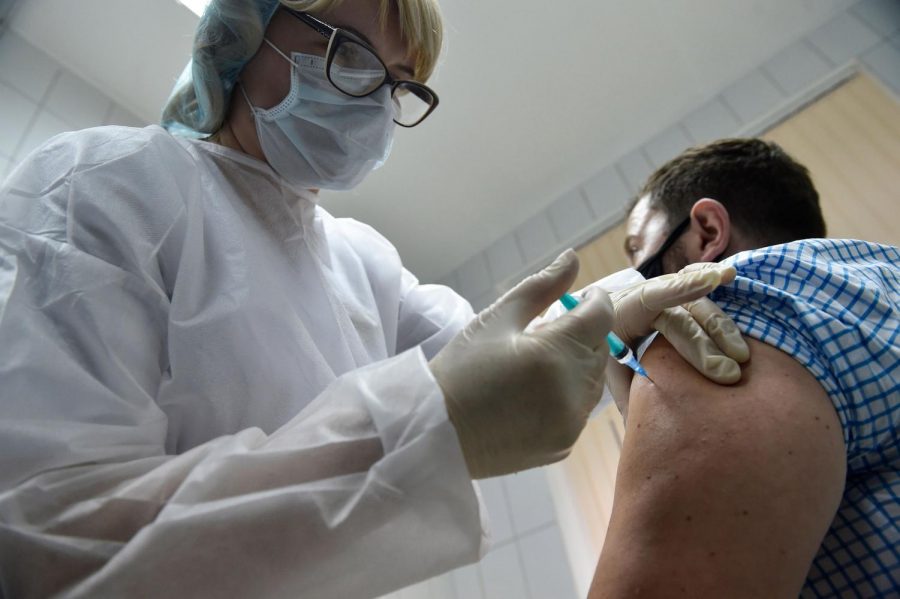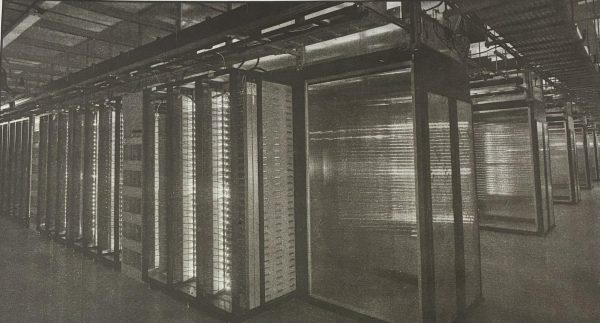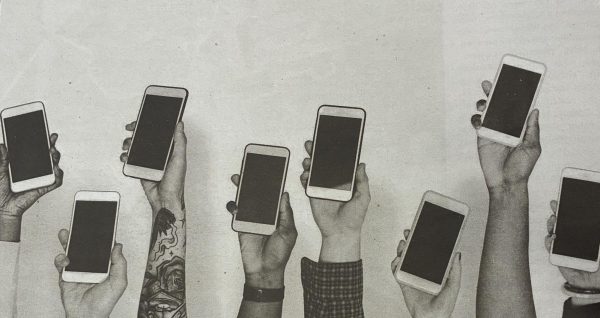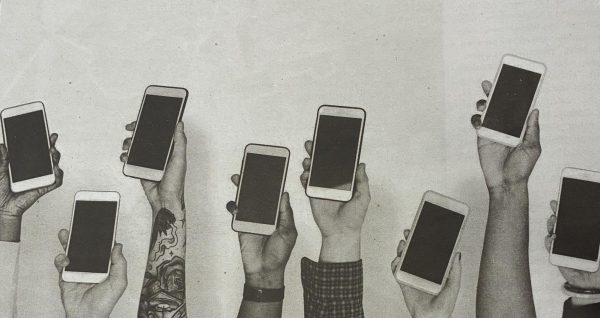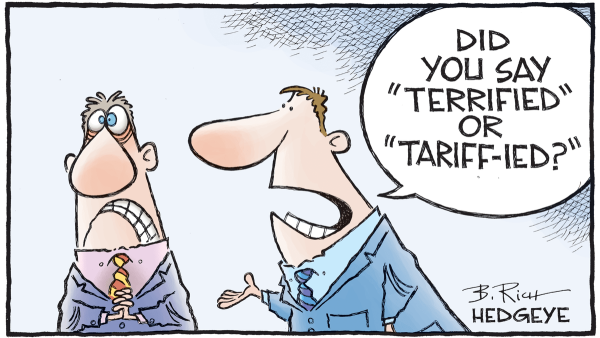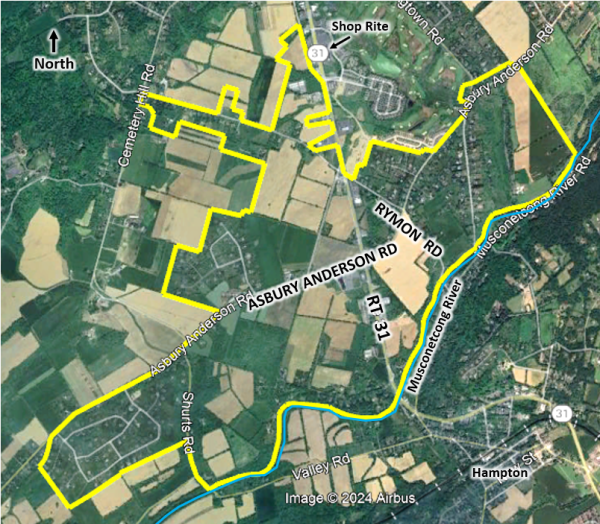COVID-19 Vaccine Arrives,
But Not Everyone Wants It
(Natalia Kolesnikova/AFP/Getty Images/TNS)
Some Warren Hills students are offering mixed opinions on whether they want to receive a COVID-19 vaccination once it is offered to them.
New Jersey has received its first shipments of the COVID-19 vaccine and, as of mid-January, had provided more than 100,000 doses, which largely were given to frontline workers and those in nursing homes.
The next round goes to other essential workers and people who are 75 years old or older.
Although teenagers will have to wait longer to receive vaccinations, students of Warren Hills Regional High School are already offering mixed opinions on the vaccine.
For example, sophomore Emma Smith wonders if, when the vaccine becomes more readily available, school policies will require everybody to receive the vaccine.
“The reason I say that is because we truly won’t know how it will affect us or if it will be safe,” Smith said. “I do not think schools will make it mandatory unless they know it will not put us kids in any danger.”
Smith is part of a large minority of Americans who question the merits of COVID-19 vaccinations. A recent poll from the nonpartisan Pew Research Center of Washington, D.C., found that 39 percent of U.S. adults would “probably not” or “definitely not” get vaccinated once the vaccine is available to them.
Warren Hills Regional High School Principal Christopher Kavcak believes local distribution of the vaccine will be instituted in a way that will most benefit the community.
“It is my hope that the vaccine will be implemented in a systematic way–what allows our most at-risk community members priority to the vaccine,” he said.
A majority of students at Warren Hills feel as if the vaccine should not be mandatory for students and staff, due to differing opinions when it comes to receiving vaccinations.
Those students say that a backlash could be expected if the vaccine ever becomes mandatory because of individuals who are resolutely against vaccines.
“I know many people would be strongly opposed to this,” senior Megan Sergeant said.
Students shared ways they are staying safe. They affirm that they are wearing masks to protect themselves and others around them, practicing social distancing, and participating in school remotely.
If the opportunity arises for students to receive the vaccine, many agree that they would be in favor of getting vaccinated.
Still, some students, such as Gabriella DeLeon, a sophomore, are skeptical about what they perceive to be the rushed nature of the vaccine.
“I feel that it was rushed,” DeLeon said, “and although we needed a quick solution, we don’t particularly know what the effects will be long term.”
That concern is a particularly common recurring theme when it comes to the COVID-19 vaccine. The vaccine has been affiliated with advancing politicians’ political agendas. Students believe it has become less of a medical concern and more of a political matter. This is one of the main reasons why many students report that they have become skeptical of the vaccination program.
When asking the students of Warren Hills if they have personally looked into the benefits of the vaccine, it was a mixed response.
“I have looked into the different types of the vaccine available and how they work,” said senior Alexa Asis. “I feel that I do need to look into it since I am getting the vaccine and others around me have been getting it.”
DeLeon feels as if the vaccine is not worth looking into.
“I have not personally looked into the vaccine and its benefits because I do not plan on taking it, even if the reviews are successful,” she said.

